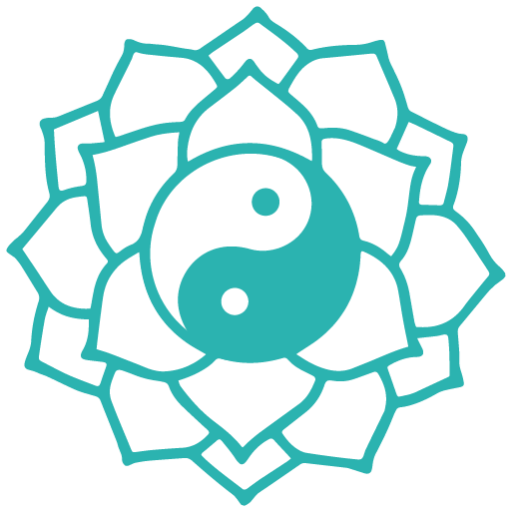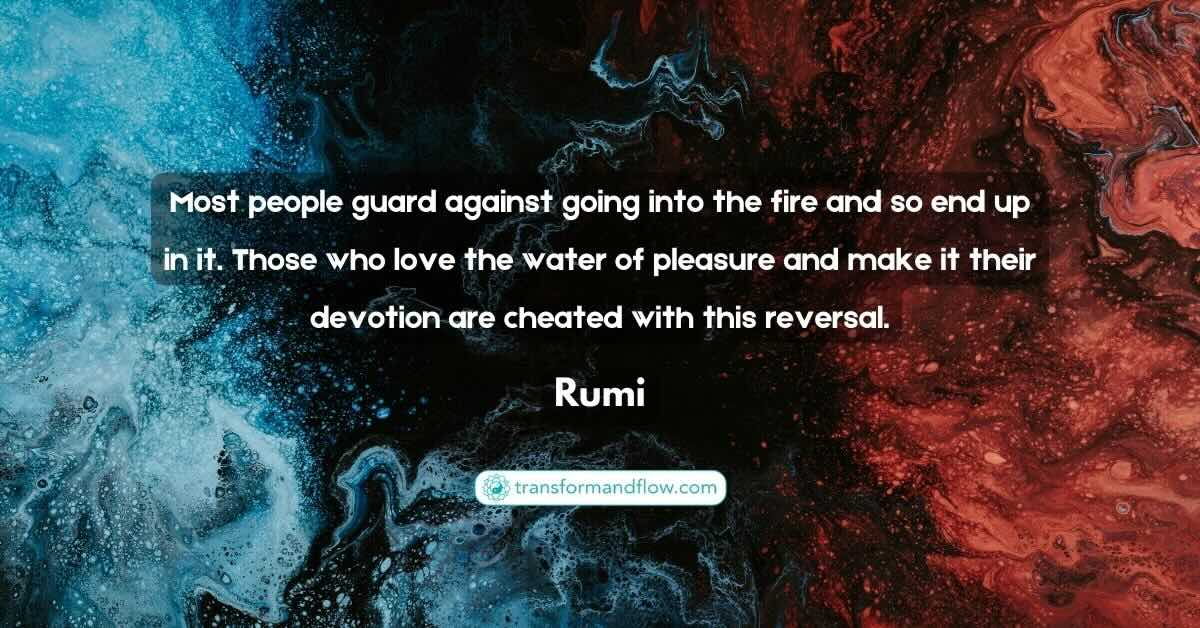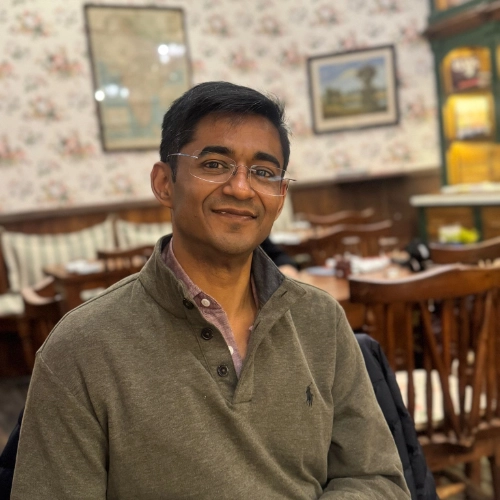“Most people guard against going into the fire and so end up in it. Those who love the water of pleasure and make it their devotion are cheated with this reversal.”
Jalal al-Din Rumi, the 13th-century Persian mystic and poet, had a profound way of revealing life’s deepest truths through paradox. This particular quote speaks to the nature of avoidance, illusion, and the cost of refusing the soul’s calling toward growth. In typical Rumi fashion, he uses elemental imagery, fire and water, to express a spiritual paradox: that the very pain we avoid is often the gateway to liberation, while the comforts we cling to can quietly lead to suffering.
Let’s unpack this mysterious quote and see how it offers a roadmap for inner transformation.
The Fire We Fear: Confronting Our Necessary Discomforts
The “fire” Rumi speaks of isn’t necessarily literal destruction. Instead, it often represents the difficult, uncomfortable, and challenging experiences that are essential for growth and transformation. It could be:
- Confronting difficult emotions: Grief, anger, fear, and shame are often the “fires” we instinctively avoid, yet suppressing them can lead to deeper psychological distress and eventual emotional eruption.
- Taking necessary risks: Stepping outside our comfort zone to pursue our dreams, start a new venture, or end a toxic situation feels like walking into the fire of uncertainty and potential failure. However, avoiding these risks can lead to a life of stagnation and regret – a different kind of “fire” of unfulfilled potential.
- Engaging in difficult conversations: Addressing conflict, setting boundaries, or speaking our truth can feel like stepping into a fiery confrontation. Yet, avoiding these necessary dialogues can allow resentment and misunderstanding to fester, eventually burning the foundations of our relationships.
- Facing our shadows: Acknowledging our flaws, insecurities, and unhealthy patterns is like confronting a painful inner fire. But by avoiding this self-examination, we remain trapped in these patterns, hindering our personal evolution.
Rumi suggests that our very act of guarding against these necessary discomforts – the fear of the fire – often creates the very conditions that lead us to a more intense and destructive form of that “fire” later on. Unresolved emotions explode, unaddressed problems escalate, and avoided growth opportunities wither away, leaving us in a barren landscape of regret.
The Paradox of Fire: A Portal to Transformation
So what’s the alternative? To willingly enter the fire.
To embrace discomfort not as punishment, but as a sacred teacher. It’s the fire of honest self-inquiry, the burning away of old identities, the courageous step toward truth, even when it hurts. Rumi, like many mystics, understood that true growth demands we walk into that fire.
The fire refines us. It strips away what is false. It awakens what has been buried. It’s not about suffering for its own sake, but about becoming real.
This is the paradox: those who avoid pain fall into deeper pain. Those who confront pain, transcend it.
The Alluring Water of Pleasure: The Deceptive Trap of Superficiality
The “water of pleasure,” in contrast to the feared fire, represents the superficial comforts and fleeting gratifications that we can become overly devoted to. This isn’t to say that pleasure is inherently bad, but when it becomes our sole focus, our ultimate devotion, it can lead to a profound “reversal.” This reversal signifies being cheated of deeper meaning, genuine connection, and lasting fulfillment.
This “water of pleasure” can manifest as:
- Addictions: Seeking solace in substances, excessive consumption, or other addictive behaviors to avoid underlying pain or discomfort. This temporary “pleasure” ultimately leads to deeper suffering and loss of control.
- Superficial relationships: Prioritizing fleeting connections based on convenience or superficial attraction over the deeper work of building genuine intimacy and vulnerability. This can leave us feeling ultimately alone and unfulfilled.
- Materialism: Devoting ourselves to the acquisition of possessions, believing they will bring lasting happiness. This pursuit often leaves us chasing an ever-elusive satisfaction, neglecting the inner work that truly nourishes the soul.
- Constant distraction: Engaging in endless entertainment and avoidance of silence and introspection. This prevents us from confronting our inner world and developing a deeper understanding of ourselves and our purpose.
The “reversal” occurs because this devotion to superficial pleasure prevents us from engaging with the “fire” of necessary discomfort. We become so adept at avoiding pain and seeking immediate gratification that we become ill-equipped to handle life’s inevitable challenges. When true hardship arrives, we lack the resilience, emotional maturity, and inner strength that would have been forged in the fires we so diligently avoided. We are “cheated” of the opportunity for genuine growth and the deeper, more lasting joys that come from facing adversity and cultivating inner strength.
The Path of Integration: Embracing Both Fire and Water Wisely
Rumi’s quote isn’t a call to recklessly seek out pain, nor is it a condemnation of all pleasure. Instead, it’s an invitation to a more nuanced and integrated approach to life. It suggests that true wisdom lies in understanding when to step into the metaphorical fire for the sake of growth and when to enjoy the water of pleasure without making it our sole devotion.
The key lies in discernment and balance. We must cultivate the awareness to distinguish between the “fire” of necessary discomfort that leads to growth and the destructive flames of unnecessary suffering. Similarly, we must learn to appreciate the “water of pleasure” without allowing it to become a means of avoidance or a substitute for deeper meaning.
By embracing the challenges that life throws our way, by learning to navigate discomfort and confront our fears, we build resilience and cultivate inner strength. This allows us to weather future storms more effectively and to experience a deeper sense of accomplishment and self-mastery. And by enjoying pleasure without making it our sole pursuit, we can find moments of joy and respite without becoming trapped in a cycle of superficiality that ultimately leaves us empty.
Rumi’s powerful words serve as a timeless reminder that true growth and fulfillment often lie not in avoidance, but in courageous engagement with life’s full spectrum of experiences – both the heat of the fire and the refreshing touch of the water, understood and embraced with wisdom and intention.
How to Step into the Fire (Without Getting Burned)
Rumi’s invitation is not about martyrdom or seeking pain for its own sake. It’s about facing truth with courage, knowing that discomfort is a passage, not a punishment. Here are some ways to do just that:
- Practice Radical Honesty: Be honest with yourself about what’s not working—even if it threatens your sense of control. Truth is the first flame that burns illusions.
- Sit with Discomfort: Instead of escaping through distractions, addictions, or denial, try to sit with your emotions. Feel them. Let them teach you something you don’t yet know.
- Seek Growth Over Comfort: Ask yourself: is this choice aligned with growth or comfort? Growth may feel harder initially but yields peace on the other side. Comfort often gives way to stagnation.
- Learn from the Pain: Journal about your pain—not to wallow in it, but to understand its message. Pain is often unprocessed wisdom.
- Balance Pleasure with Presence: Pleasure isn’t wrong, but making it your “devotion” leads to emptiness. Enjoy what you love, but anchor it in meaning, gratitude, and awareness.
Closing Thoughts: Becoming Fire-Walkers
To live a rich, meaningful life is to walk that sacred edge between comfort and challenge. Rumi’s quote is an invitation to become fire-walkers – people who are willing to face discomfort in order to awaken. People who choose growth over stagnation, truth over illusion, and transformation over superficial pleasure.
So ask yourself today:
- Where am I avoiding the fire?
- What false comforts am I clinging to?
- What pain is asking to be transformed?


